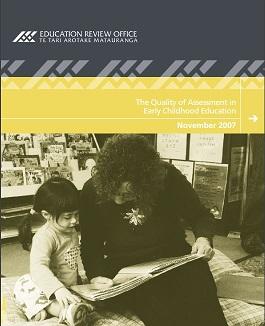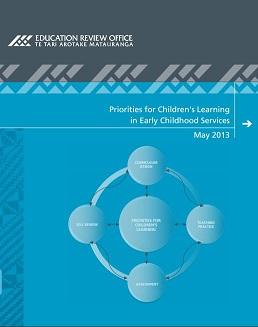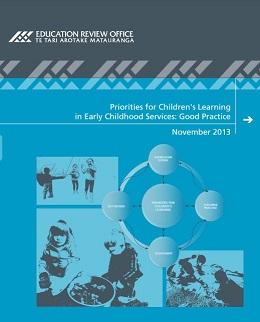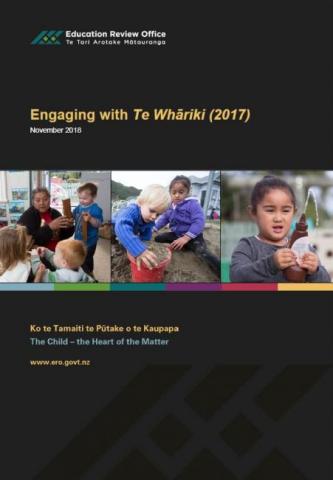The Quality of Assessment in Early Childhood Education
Published: 01 Nov 2007
Assessment informs an early childhood service’s programme and educators’ teaching practices. ERO evaluated the quality of assessment in all the early childhood services reviewed in Terms 3 and 4, 2006.
Services were at varying stages in their understanding and implementation of assessment practices, as not all had yet participated in professional development.
- Audience:
- Parents
- Schools
- Content type:
- Research
- Topics:
- Assessment
- Early Childhood Education (ECE)
- Te Whāriki
- Kei Tua o te Pae/Assessment for Learning: Early Childhood Exemplars
- Early childhood services












